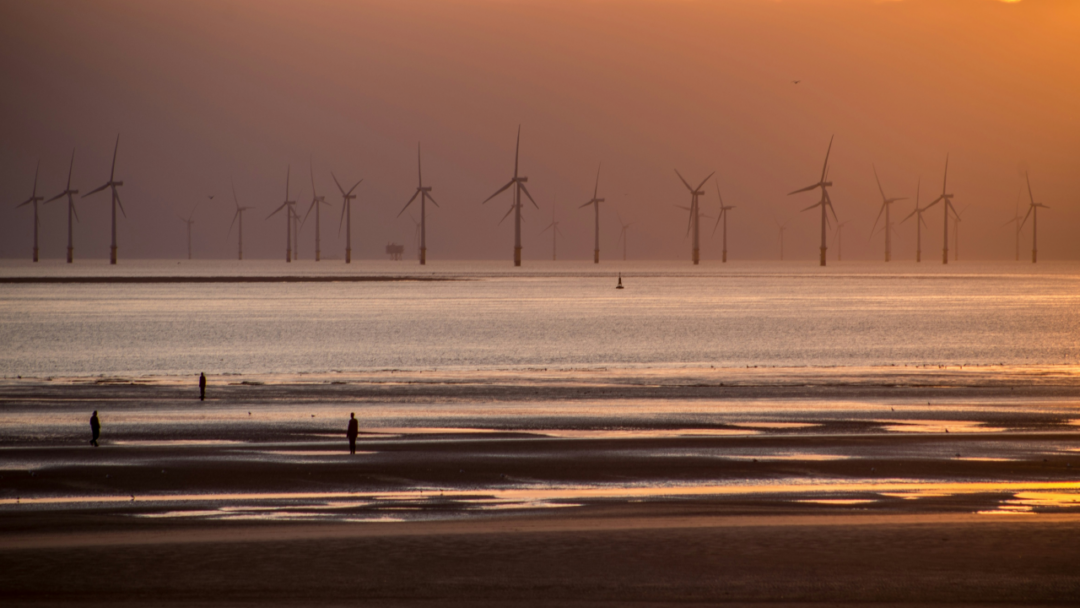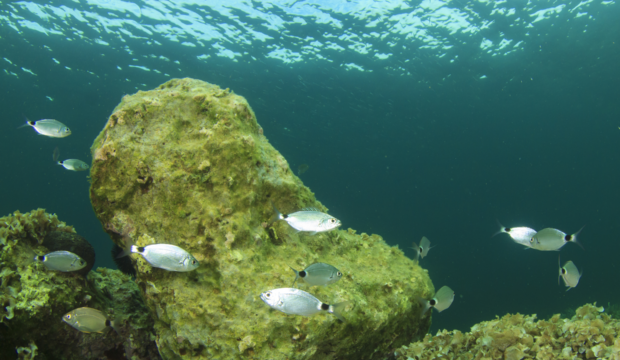Press Release – Speed up offshore wind and grid development with robust and timely Maritime Spatial Planning

At a joint conference on nature positive offshore energy infrastructure hosted by Renewables Grid Initiative (RGI) and WindEurope, the Offshore Coalition for Energy and Nature (OCEaN) confirmed that it is possible to speed up offshore wind and related electricity grid deployment while protecting and restoring nature.
Offshore wind and related electricity grid infrastructure are imperative to reach Europe’s climate targets and strengthen its energy independency. Simultaneously, marine ecosystems – which are already vulnerable – must be protected from further stress caused by climate change and the pressures of traditional and new economic activities. Thorough planning is vital to allocate space to those activities which are most needed and least detrimental to the environment, in line with climate, conservation and restoration objectives.
The REPowerEU Plan calls on Member States to identify dedicated areas in which renewable energy sources can be built with low environmental risks. In those areas permitting procedures could be fast-tracked. For marine areas, Maritime Spatial Planning (MSP) is already the essential tool for an integrated spatial allocation of human activities in line with EU economic, environmental, and social objectives. It enables inclusion and assessment of a complex variety of aspects, such as interactions between traditional and emerging sectors (i.e. offshore renewable energy (ORE)) and environmental protection and restoration needs. Therefore, Members of the Offshore Coalition for Energy and Nature (OCEaN) strongly support an improved, robust and timely MSP process. This will speed up ORE, support the decision-making process for spatial allocation, and also reduce investment risks and project delays.
In conjunction with the RGI-WindEurope-OCEaN conference ‘Speeding up Nature Positive Offshore Energy Infrastructure Deployment’ OCEaN has released the following publications:.
- Statement on an Improved, Robust and Timely MSP Process: this statement highlights the key role of Maritime Spatial Planning to identify suitable areas for offshore wind and electricity grids.
- 10 Recommendations on how to improve Maritime Spatial Planning to reach European climate, energy and biodiversity targets: these recommendations go more in depth and provide good examples from Member States’ Maritime Spatial Plans.
- Case Study on marine environmental data monitoring for nature-friendly offshore wind in Belgium showcasing the advantages of centralised environmental data collection and management.
Tags:
Share article:
Contact
Should you have any questions, please get in touch with:





